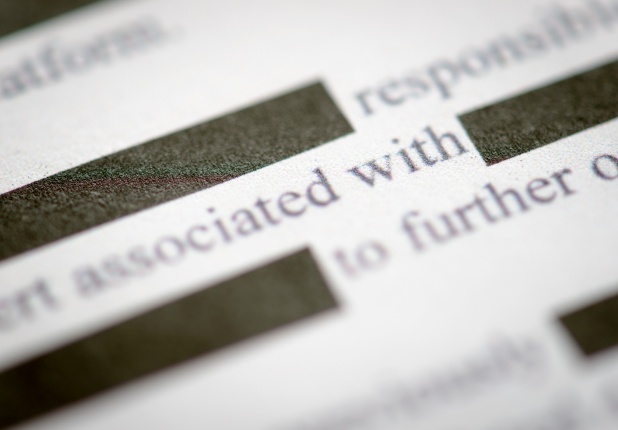The Attorney Client Privilege: The Corporate Communication Conundrum – PART ONE
“But in-house counsel was copied on the email, isn’t that enough?”
When a business faces the prospect of producing documents in litigation, determining which documents are protected by the attorney-client privilege and preventing those documents from inadvertent disclosure is of paramount importance. Such a disclosure can have serious consequences for both the attorney’s and the client’s interests, including a court finding the privilege has been waived. At the same time, if an attorney is overly restrictive or indiscriminately withholds documents, they risk losing credibility with opposing counsel and the court, which can make it more difficult to assert the privilege when necessary.






